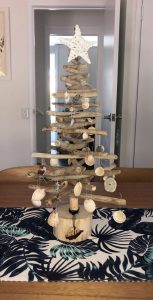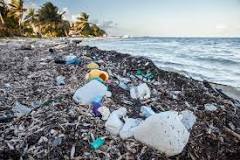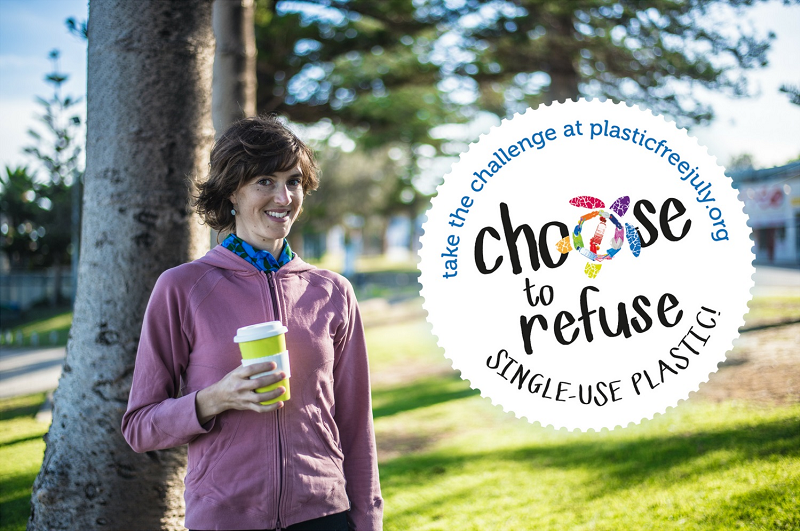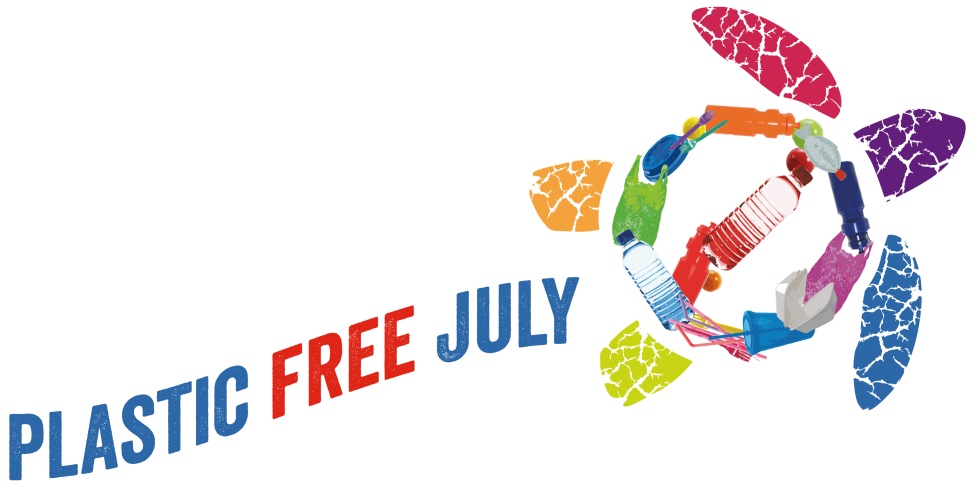Ok, so you’ve reduced, reused, recycled this year; said “no” to plastic straws; diligently dragged cloth shopping bags to the checkout for your groceries, and generally tried to be an environmentally sensitive global citizen…
But with the Christmas season upon us, do all our good intentions disappear under a feast of festive food and generosity of gift giving? Is it possible to still revel in this time of goodwill and excess while still caring for our impact on the planet?
The answer is a resounding “yes” – with a little forward thought and planning.
Websites such as www.4ocean.com lead the way in thoughtful presents that benefit the world around us. Every product purchased funds the removal of half a kilogram of rubbish from our oceans. Many of their items are made from recycled plastic or glass bottles and can be returned to them to be re-purposed into other gifts down the track.
www.oceanandcompany.com donate money from every sale to support research and awareness campaigns centred around ocean pollution.
For the more practically minded person on your shopping list, www.floraandfauna.com.au has many great household items that will still be used long after Christmas becomes a distant memory.
The fashion conscious might enjoy something from www.biome.com.au that has ethically produced choices in its clothing line – along with 100% recycled gift wrap – which will help save the estimated 50,000 trees cut down every year to decorate our presents.
Experiences are of course a wonderful gift that don’t need to cost the earth – and they may even help save it. Ocean Life Education runs Marine Biologist for a Day Programs which help inspire children to care for our oceans and the creatures that live in it. They’re fun, educational and might just set them on a career path that helps the planet. Find out more details at
https://www.oceanlifeeducation.com.au/programs/marine-biologist-for-a-day/
For many of us, the festive season will involve time at the beach, enjoying our coveted coastline. But when the celebrations are over, and the focus turns to the New Year, what resolutions will you make to help preserve the part of the planet we value so much?
The donation of a little time and energy can help make a world of difference to our waterways. There are a number of community groups that run clean-up campaigns dedicated to removing rubbish from our foreshores. Check out organisations such as www.seashepherd.org.au www.surfrider.org.au or www.cleanup.org.au
It’s all about finding balance – enjoying the things we love while ensuring our good times don’t devastate the watery world around us. Have a wonderful ocean friendly summer from the team at Ocean Life Education.




 As World Ocean Day approaches, it’s timely do a health check on the biggest part of our planet – and the prognosis isn’t promising. It’s estimated there are 5 and a quarter TRILLION pieces of plastic in our waterways – or put simply 15 grocery bags of garbage for every metre of coastline in the world! Take a moment to consider that – enough rubbish to completely cover the shoreline of our planet, several times over.
As World Ocean Day approaches, it’s timely do a health check on the biggest part of our planet – and the prognosis isn’t promising. It’s estimated there are 5 and a quarter TRILLION pieces of plastic in our waterways – or put simply 15 grocery bags of garbage for every metre of coastline in the world! Take a moment to consider that – enough rubbish to completely cover the shoreline of our planet, several times over.


